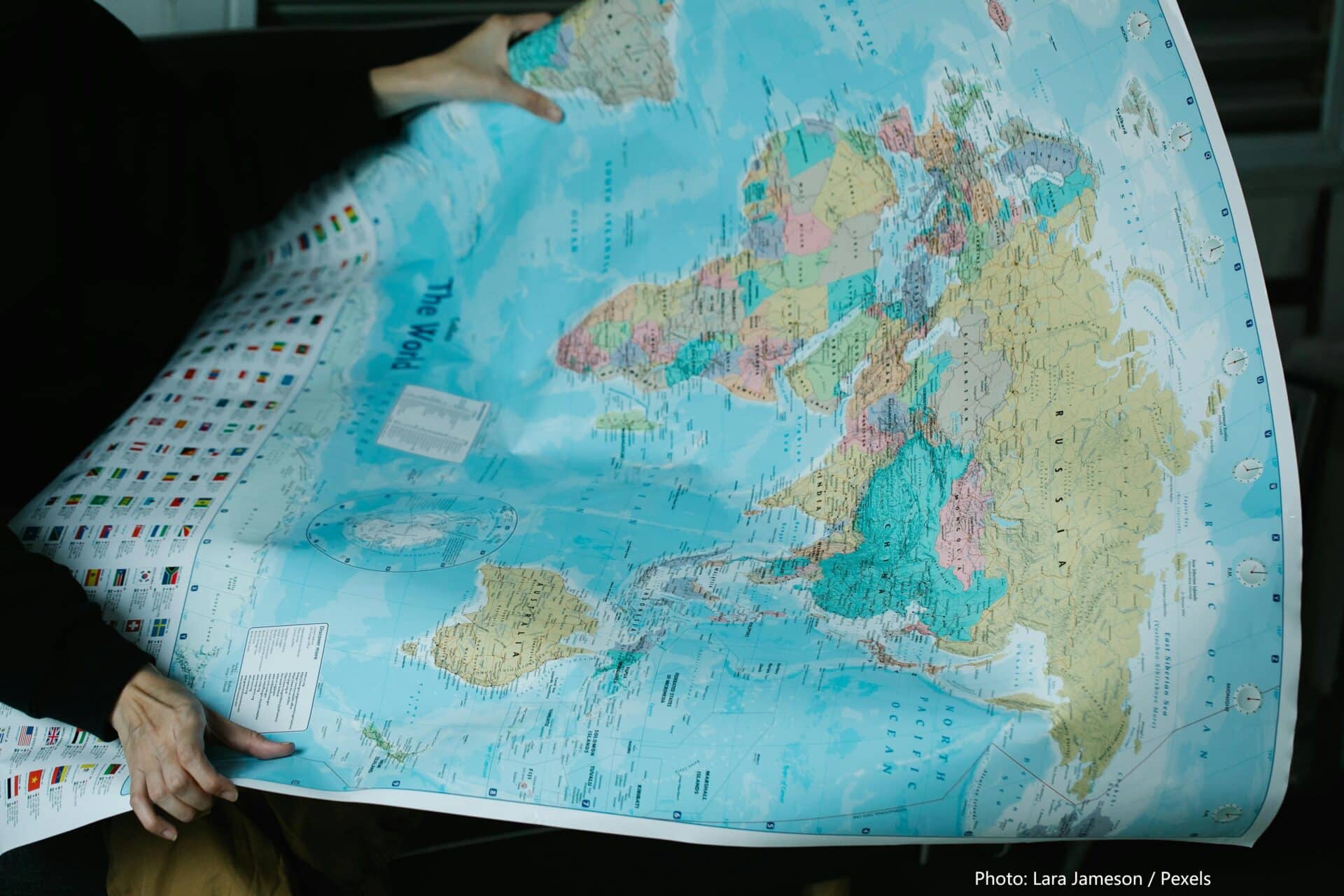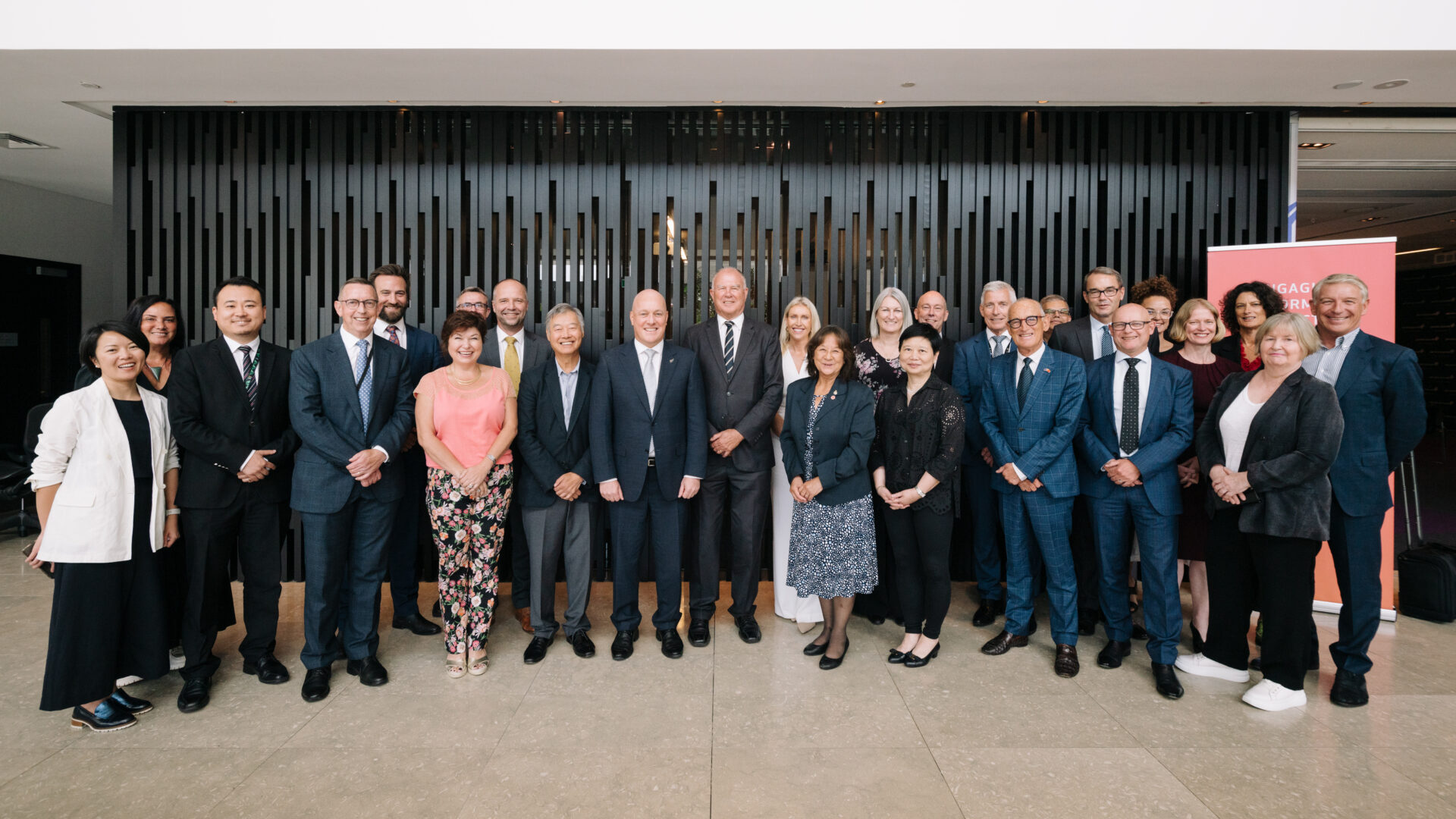New Zealand China Council board member Cathy Quinn took part in the Prime Minister’s official delegation to China in April as Co-leader of the business delegation. This article originally appeared in the Sunday Star-Times.
New Zealand’s relationship with China has never been stronger. Two-way trade remains resilient, despite the downturn in dairy. So why is the PM leading another high level business delegation? And why now?
John Key flies out this week with more than 40 business people and the usual cohort of officials and media representatives in tow. Far from being a symbolic visit of banquets, panda hugging and gift exchanges, there are important and specific business goals at stake.
In short, we’re going for an upgrade. Eight years ago this month, we signed our Free Trade Agreement (FTA) with China, and we are now focused on modernising it to meet the new demands of today’s commercial environment.
At the top of our wish list is better market access for some of our key dairy products, for which preferential access is limited by safeguards. Given the incredible increase in China’s dairy consumption since the FTA was signed, these safeguards kick in far earlier in the year than was ever expected.
More broadly, an upgrade would provide the opportunity to build on and extend the FTA in a number of areas, such as customs, trade facilitation and e-commerce, given other FTAs China has concluded recently.
Maintaining strong growth in services is the next priority and has taken on greater importance as prices for our key commodities decline, due in large part to heightened competition and supply from Europe and the US. As China progressively opens up its services market, we have a great opportunity to grow our services trade, and an upgrade of the FTA presents us opportunities to ensure we have preferential access for our services exporters.
This means making our case for more Chinese tourists, who now spend almost twice as much as the average Australian tourist. Chinese tourists are also staying longer, and increasingly arriving as independent travellers rather than as a part of organised tour groups.
The same goes for overseas students. With services like export education making up more and more of our bilateral economic relationship, we need to show why it makes better sense to study in Auckland as opposed to Sydney.
We need to attract greater and more focused inward investment from China, and make it clear this is something we want and adds value to the New Zealand economy. Total foreign investment from China (including Hong Kong) makes up just 6 per cent of New Zealand’s total, which is low when you consider the size and importance of our merchandise trade.
Maori business is another area that needs nurturing. The Maori economy is now worth more than $40 billion and has natural complementing features with the Chinese economy. Greater access to capital for Maori business and new partnerships will continue to boost development in the regions where it is sorely needed.
But none of this will happen if we simply wave to China from New Zealand. Building these opportunities demands we front up and show we are committed to the Comprehensive Strategic Partnership announced by President Xi and Prime Minister Key in 2014.
A quick look over the ditch helps to illustrate this last point. As the PM and his delegation touch down in Beijing, Australia will have just concluded a multi-million dollar, week-long trade and investment programme spanning 12 Chinese cities and eight industries where Australian economic opportunities are greatest.
The China-Australia Free Trade Agreement (ChAFTA) is now in force, and through Australia Week in China (AWIC), our neighbours are sending a very clear message to China that they value their business, and will take as much of it as they can get.
ChAFTA is newer and shinier than our own FTA. Some safeguards that China has in place against some of our dairy products are conspicuously absent from the agreement with Australia, but we’re not using ChAFTA as the limit of our expectations.
This is why John Key is going to Beijing. Beyond Australia, a growing number of other countries call China their largest trading partner, and like Australia, they are beating a path to China’s door.
The visit is a valuable opportunity for New Zealand to stay ahead of the game. Having the Prime Minister front up with a strong representative delegation shows how seriously we mean business.











 MENU
MENU
